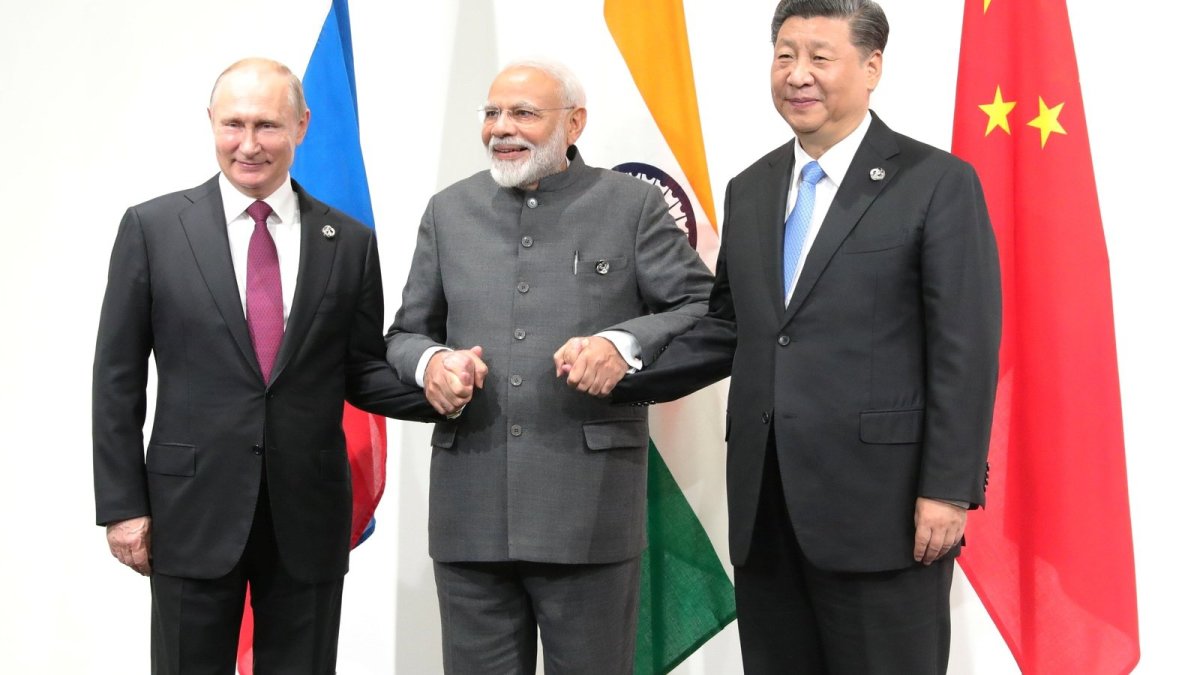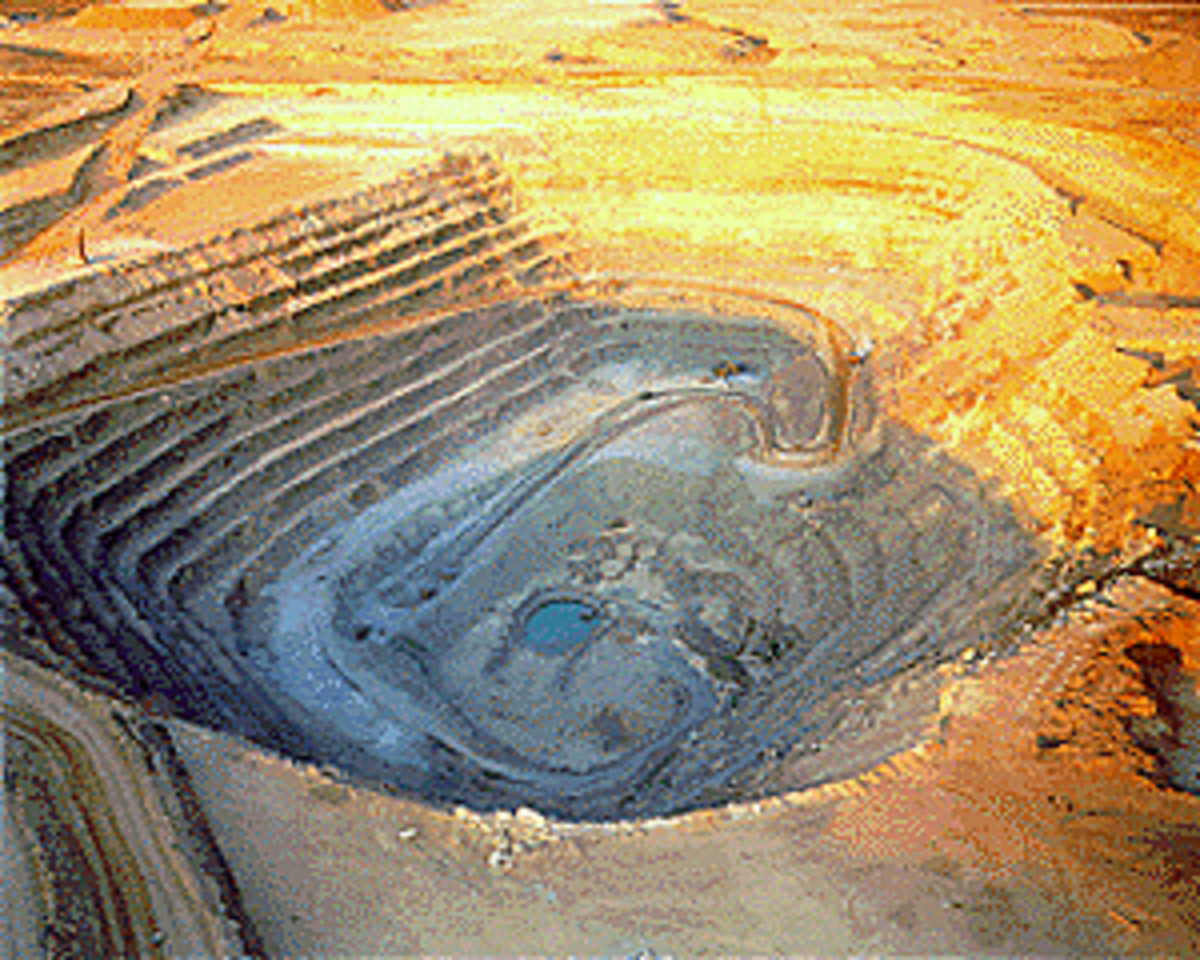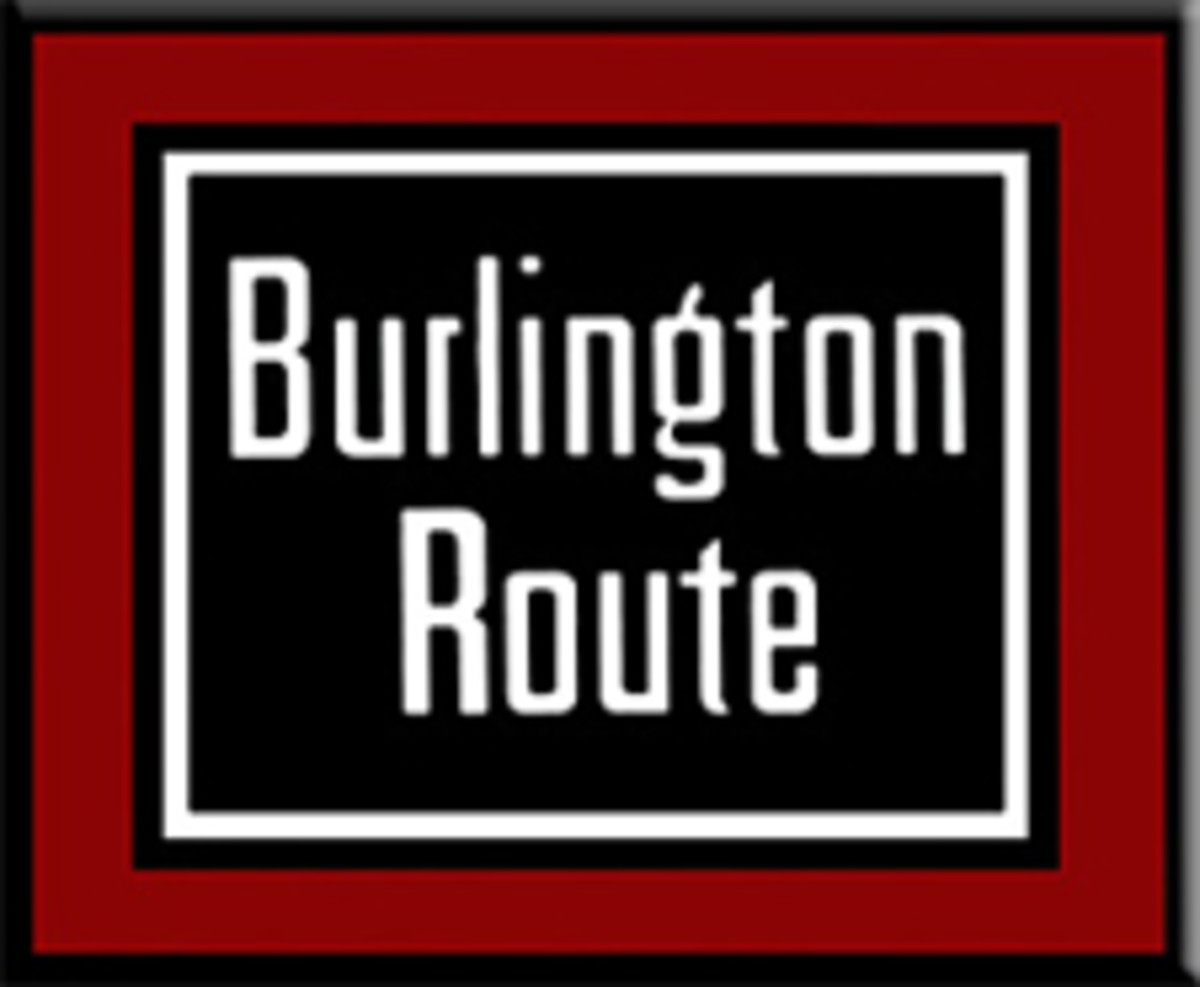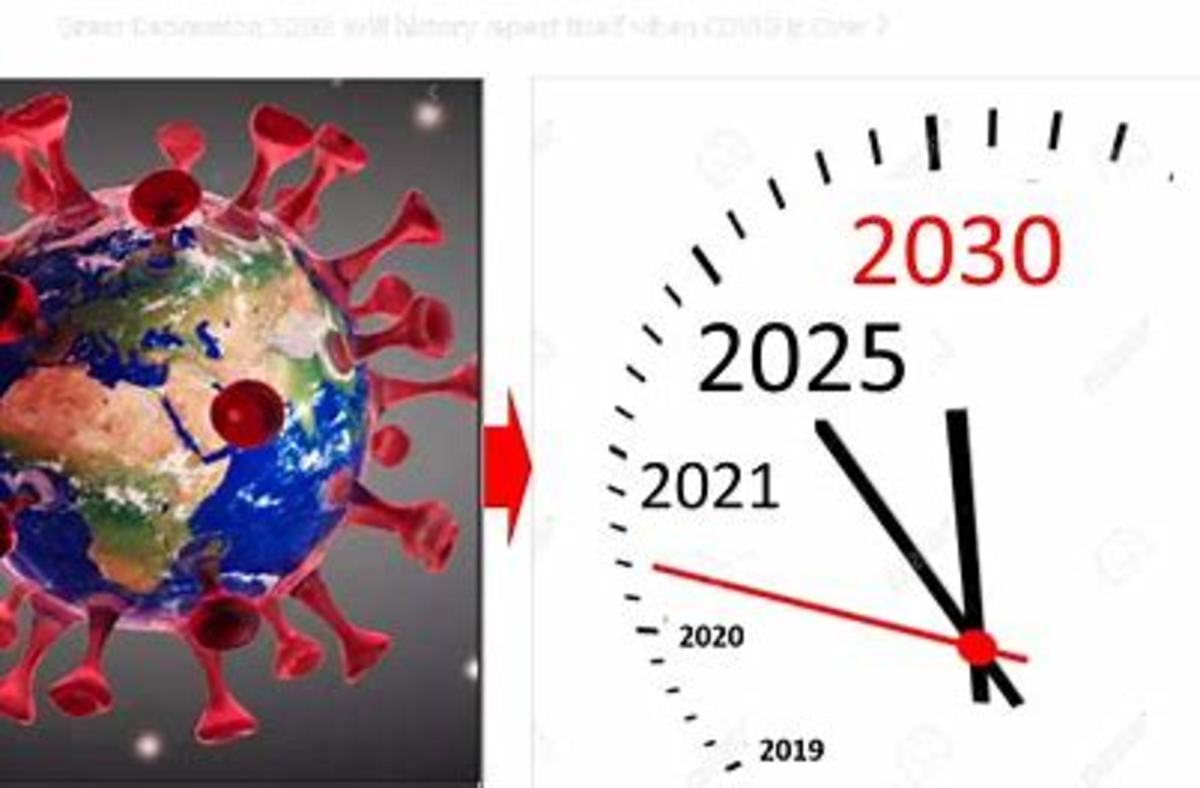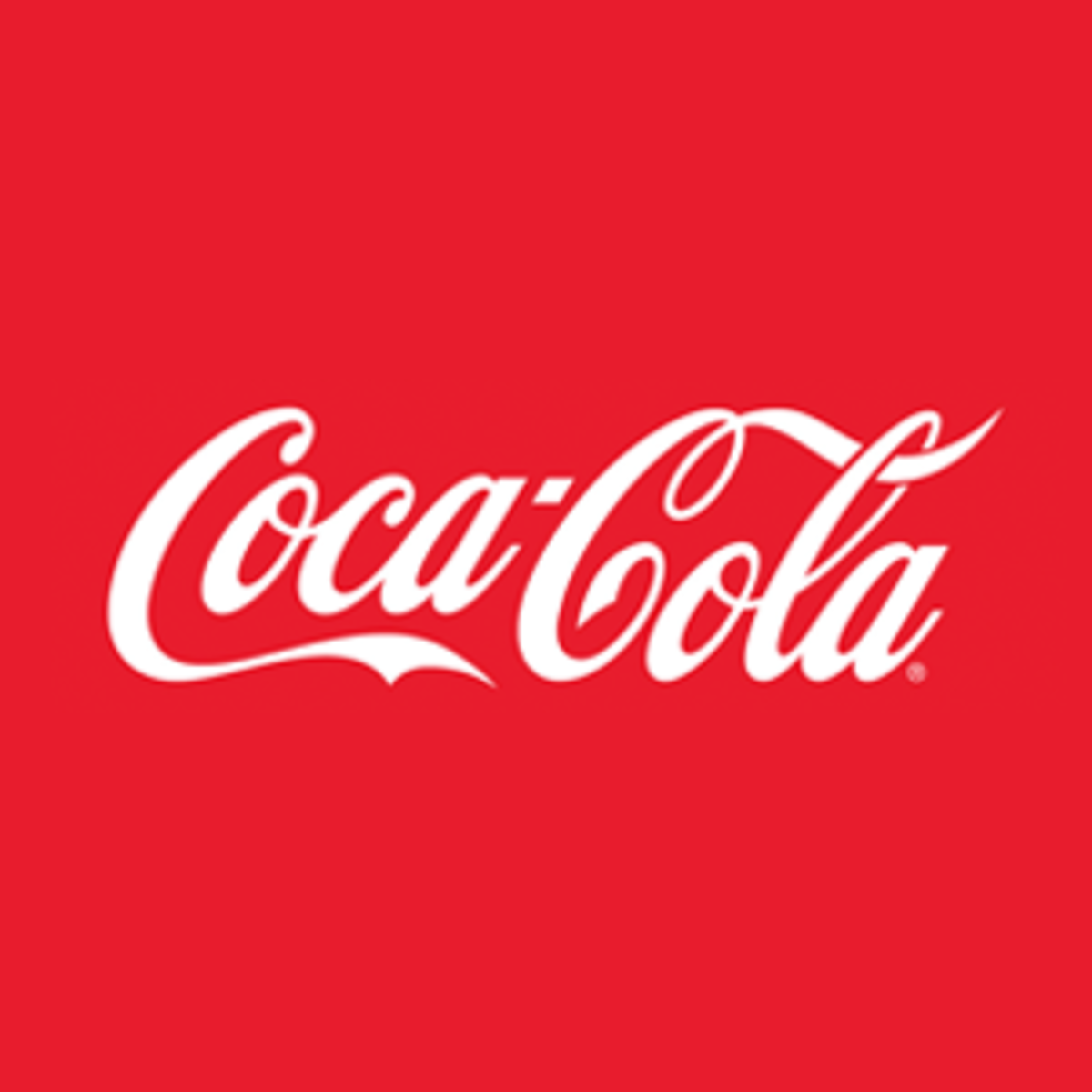Company Town to Company Planet
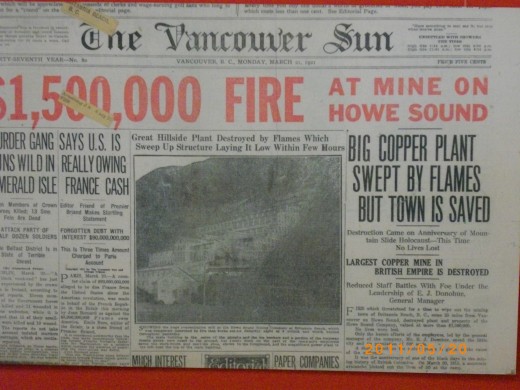
There is a clear cut similarity between the company town and international corporatism
“You load sixteen tons and what do you get? Another day older and deeper in debt,” goes a phrase of a social song born in the coal mines of company towns. But the company town was at one time common and each had its own boss, who managed the town in all its aspects including a local fiat script that could only be used there and nowhere else. It was a closed system outside of the bosses ability to ship the finished product out of the company town to the larger economy where the boss got the more common currency in exchange. This was then invested in machinery or tools to work in the mine or plantation to increase efficiency and production. For the town owner, this was a good get rich scheme, but it was not shared with the workers.
Once a worker was integrated into the company town, they were paid with company script and this was what they used to pay the rent on the company flats, for groceries in the company grocer, for clothes, tools and anything else they needed at the company store. This then was the inspiration for another line in the same song, where the worker owes his soul to the company store. The script could not be spent anywhere else except in the company town that had total control of the money supply and anything of value. Income seldom equalled the cost of living and the worker got deeper and deeper into debt to the company town. I was not possible to work hard enough to pay off the debt. Should they get sick from poor working conditions, such as in mines where dust that they breathed was a ticket to silicosis and death, they lost income. This resulted in eviction from their homes due to a failure to pay rent to the company that was also the landlord. Medical care if it existed, was home based and many company towns had no hospitals. In some cases, there was a general practitioner who worked for the boss and made sure the workers had to work unless they were so far gone, they were close to death/
Sometimes a protest for better working conditions would flare up, but the company boss had his solution by way of imported cheap labour from out of town unemployed workers that the now jobless town workers called scabs, or the boss would hire goons to make sure the workers went back to the job. There was no such thing as government intervention in many of these cut off places. Further, there was little communication that went outside. In the heyday of union building, the union representatives would go to such places in a bid to organize the workers with the result that open civil war would erupt in some of these company towns. A movie called “Matewan” tells a story of one such event in a closed coal mining town in the Appellations. The story contains many elements of what is detailed above including a civil war between the unemployed, evicted and striking miners and the hired goons of the company. At one time in history, there were many such closed company towns throughout the US and Canada.
But, mines play out or the price of raw resources fall or some other disaster happens to shut down the company towns. Some are bought out by larger, more aggressive companies and wind up with everything including the working force. From small isolated company towns where the economy is entirely self contained, larger concerns expand and grow. One such enterprise today is Walmart. Though this company is not a company town as such, in parts of Asia where the cost of labour is cheap and there are few regulations affecting how production is managed, factories are run like a company town. When a Walmart opens in any region in the US, UK or Canada, they undercut smaller business with their low prices supported by cheap off shore labour and put the smaller operations out of businesses. For many years this has been the trademark of a Walmart takeover that eventually leaves a region so poor that even Walmart looses business. They then fold and leave desolation in their wake.
The disadvantage to a fully self contained company town that expands to a whole country is that they lose a lot of control over the money supply as they now have to integrate their economy into the larger one. This offers the worker more choice beyond the company store and the company landlord. This weakens the position of the boss, but only if the worker becomes aware of this.
The next big step from the company town is one of the company country where a single mega corporation runs the entire economy of its host country. Walmart has gone a long way to achieving this goal, but there is still plenty of competition all around. In some regions of Asia and in many more rural settings in America, they have already achieved this feat. They are the only act in town and everyone has to follow the dictates of the boss even if it means working 15 hours a day and seven days a week for a monthly pay of around $40 US. On the consumer side, the attraction of lower prices on everything squeezed all the competition out and Walmart ends up being the only employer and store in town, effectively making many places part of the same company town. These giants do not like union organizing and they would rather shut down and move out than deal with unionizing. Such and event actually happened in Quebec Canada where workers attempted to organize a Walmart union. The store shut down and moved elsewhere.
On a separate line of development, was the rise of financial giants. None of them are involved with production, farming or mining except through the making of loans against company collateral. Bankers are concerned only with one thing and that is making a profit from loans. They act as a central clearing house for every company big or small, except for the closed company town within its own economic sphere. For the company town, the bank is only involved when loans are made for initial development or upgrades. They deal with a single person who owns and manages a sub economy separate from the large bank. Bankers could not care less for the workers trapped inside the confines of a sub economy of a company town, so long as the boss can pay the loans with interest to the bank for developing and expanding their business. Everything in the company town is collateral including the work force. If the bank gets the payments for these huge loans, then everything is fine. But if they don't, then an entire region can be foreclosed and shut down. When the prices of commodities fall, especially with overproduction due to greater efficiency, this risk increases substantially. When a whole region is foreclosed lock stock and barrel, every worker is disastrously impacted.
That we still have people working in the US, UK and Canada demonstrates that non are company countries at the moment. And yet, if a big bank fails, the whole economy is placed at tremendous risk that will impact everyone. Therefore, a point can be made that the banks indeed have taken the place of the company boss in a small company town, only on a national and international level. As the banks hold mortgages and loans on almost everything and they are responsible for the manufacture and distribution of script, it follows that they are indeed in charge of a complex network of seemingly independent companies and on a world scale.
As countries are also in hock to the banks to the tune of trillions of dollars, then the argument for a company planet becomes a little clearer. Over the last few years we have seen countries all around the world lurch from crisis to crisis. In the US after the costly Civil War, the British bank made the US a de facto corporation in 1871 and even provided an altered constitution that made the US a corporation and defined as an individual with full civil rights under that constitution. The US in essence became a company country beholden to the British banking system, a thing they fought bitterly against less than a century earlier. The US is not alone in being a company country. A fact that is hidden from the public view is that most countries, particularly the ones under a permanent dictatorship, are also company countries.
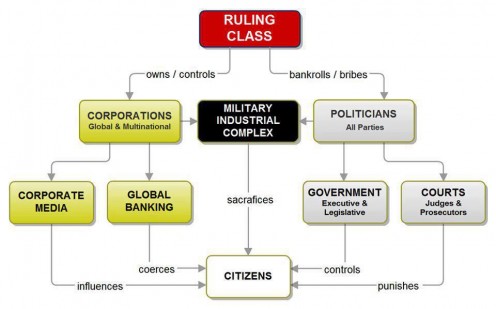
A list of company towns that served many purposes around the world
- Mining: A Trip into Hell
If you ever wanted to know what hell might be like, there are few places that are closer to that than a mine. Yet, millions go into these dark, damp, cold and close places everyday and risk their lives for coal, metals or diamonds. Some mines are so - List of company towns - Wikipedia, the free encyclopedia
The next big step in the chain is the idea of the company planet beholding to a single boss. Such entities as the World Bank and International Monetary Fund are a big step in this direction. These giant financial corporations are close to the real possibility of a one world company planet. Lenin once stated that imperialism is the highest stage of capitalism. This is a condition where laissie faire capitalism is no longer possible, because a single owner of the means of production owns and controls it all including the sum of the economy world wide. There are those who seek to be that boss of a company planet. Several hundred families vie for this coveted trophy right now. Slowly they whittle and chisel away so that their numbers dwindle and the assets left to that shrinking number increases. Every single manoeuvre that one can think of and a few that can't is used to gain at someone else's loss. The business world has been and still is, a battlefield of hostile takeovers. The crash of 2008 was a case in point where wealth became consolidated into fewer hands. It did not vanish, except out of the hands of the newly homeless and jobless; it took flight and was reinvested off shore in Asia. As the big bosses were too big to fail, they obtained bailouts from the government in the US, while the people suffered in every way imaginable.
There is one striking example from US history about the local creation of a fiat currency and that is under Abraham Lincoln during the Civil War. When Lincoln could not procure loans to finance an expensive war, he simply created his own fiat currency to finance the operation. This was the origin of the greenback. This effectively made the north a company region where the boss, Lincoln, was also the banker issuing his own currency to run the war effort. As he was also the head of the government, this made running the company very efficient. In the form of a single person, you had the leader of the armed forces, the banker and the president of the country. The Lincoln greenback was no good outside of the limited confines of his control, but it did keep the war effort going to the end of his close call winning. After this, the greenback became the national currency under conditions laid down in Britain. The cost of war was heavy and bankrupted the US. The cost of war was dear and ended in 1871 with the passage of the US into corporate person-hood centered in Washington DC.
There is another striking example of a “company town”, which involved a whole country and that is Nazi Germany from 1933 to its demise in 1945. During that period, one person ran the whole show with the willing cooperation of most of the countries population. Adolph Hitler as Reich Chancellor controlled the military, the economy, education, production and everything else. Everyone was completely answerable to the Furher. No dissent was allowed except under special circumstances such as during the 1936 Olympics. At that time, anything that struck of totalitarianism was removed from sight and a positive PR spin was put on everything. During the conquest and expansion phase of lebensraum, every country that fell under Nazi domination was incorporated into the single the unified corporation of National Socialism. The undesirables were liquidated in an efficient murder factory system of concentration camps that also served as places of medical experimentation.
Some people will argue that the former Soviet Union was state capitalist. If we follow this argument, we can conclude that the USSR was thus a form of a company country. This point is exemplified by the fact that industry, mining and agriculture was run and managed by the state. When the USSR finally collapsed, the top bureaucrats managed to rifle the economy, buying up huge sectors of industry, mining and agriculture for next to nothing, becoming instant oligarchs.
Who then controls the planet? It is the oligarchs who own the means of production and hold natural resources as collateral and in some cases, for ransom. On this collateral, they issue script which is then used as a means of exchange. They are not bankers themselves, though by holding the real capital, they control the banks by that control of the collateral and they tell the banks what to do with the script, whether to print more or less or even change it. They get the banks under their control to issue script in order to efficiently run the economy. The tools that are used are national and international banks that are privately owned in almost all cases. When the international corporation of company needs a bailout, the banks are ordered through the legal process of the government to issue more script to cover bad debts and prevent failures. The banks in turn are protected by a bigger bank, which in the US is theFederal Reserve; a private bank; and in Canada, the Bank of Canada. After this line of defence, is the International Monetary Fund (IMF) or the World Bank noted for the fact that they have bailed out entire countries. It is the same thing as the company town only on a much more vast and complex scale. Unlike the company town, most transactions are not as easily traced due to the cross linkages of many different banking and insurance concerns. What looks like diversity, is more like smoke and mirrors to hide the money trail and its linkage to the same people who run the production companies. As these institutions of lending base themselves on fractional reserves, this also differs from the company town bank that is the bosses personal financial institution that issues wages. Banks loan to one another and speculate on profit generation from blocks of loans. They also differ in appearance, because in the case of the production boss, they issue the pay to the employee who then takes it to the bank. This distinction becomes a little more blurred with direct deposit by the boss to the bank in the employees' accounts.
The national and international company that can encompass entire regions of the planet, are also involved in speculation, turning economics into a gambling speculation, reducing the world economy to little more than a casino. This speculation has two purposes; to gain by a windfall profit or to just profit and to whittle away the income of the worker by reducing the cost of labour by various means. One of those means is by a shut down of production. In the case of the company town and on the larger planetary scale, these acts serve to create unemployment and to drive down wages by competition for a shrinking number of jobs. One of the most telling revelations concerning this relationship between corporate bosses and banks is noted in this quote from the Occupy Movement in “How to Occupy the World” (1). “For instance, Occupy Wall Street is focused on corporate personhood, the Glass-Steagall Act, and collateralized debt obligations “ The very last phrase “collateralized debt obligations” tells us that there is an intimate link between the collateral of the corporatist owner of the means of production and resources and the interest bearing debt used to expand business. That expansion could mean anything from a plant expansion, exploration for more resources, hostile take overs of smaller competitors or relocating the entire operation to a location that is geared to increasing profit ,which in turn pays the loan as well as wages and government kickbacks. This whole operation from the early days of historic company town to the multinational company that girdles the planet works via a tightly coordinated relationship between the boss/owner of the means of production, his bank and paid of government officials who draft the laws and regulate or deregulate the banks according to the need of a single owner or consortium of owners. All policies are decided as to availability of script, who gets to participate in the economy with script, credit and debit, the laws of the land and policies concerning war and peace. Some people call this the New World Order and this is a term we have been hearing much of lately. George Bush Sr mentioned it in a speech more than a decade ago. The New World Order as it has been identified is nothing less than a company planet. It will be run just like the company town of old. Everything will be owned by one person who decides on the nature of work, who issues the fiat currency, who provides or neglects to provide services, who makes the laws, who prosecutes criticism and who owns everything including the labour force. If this sounds like total slavery within an ironclad state, it is!
References:




